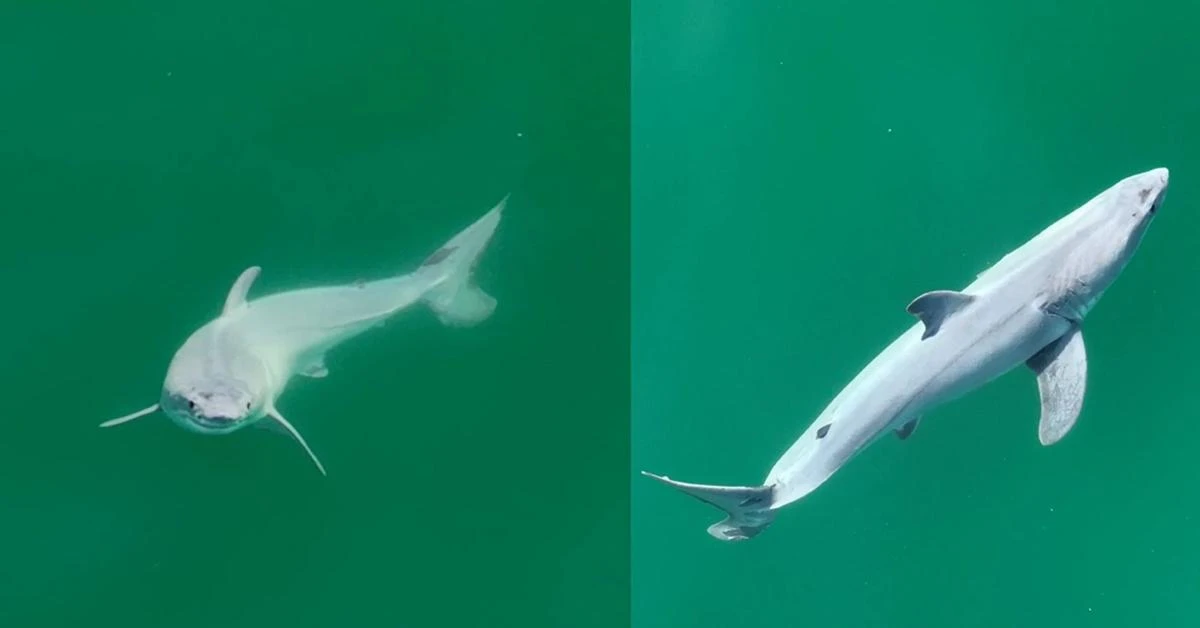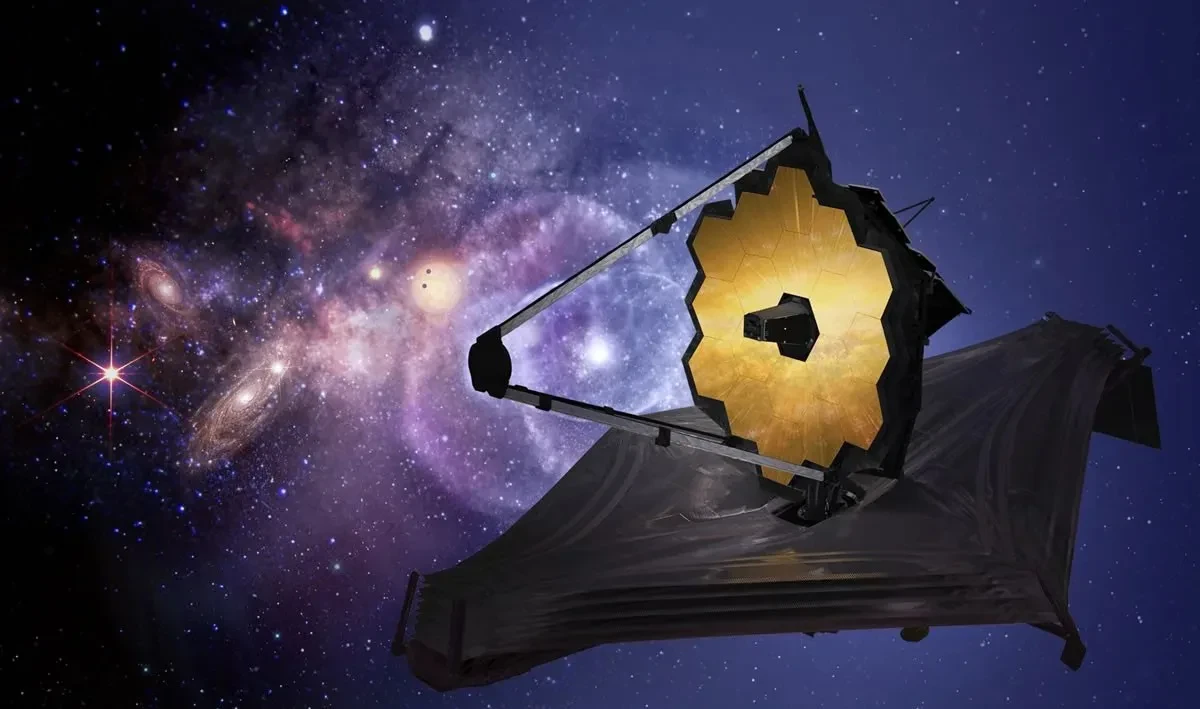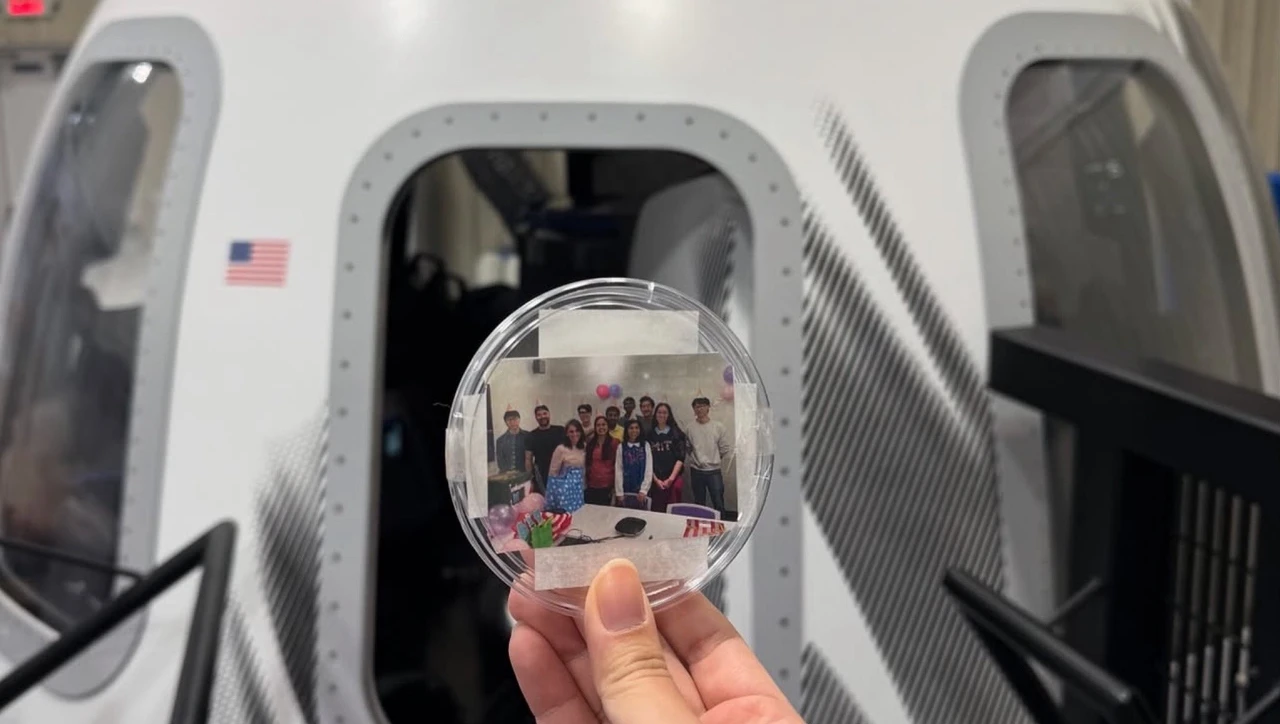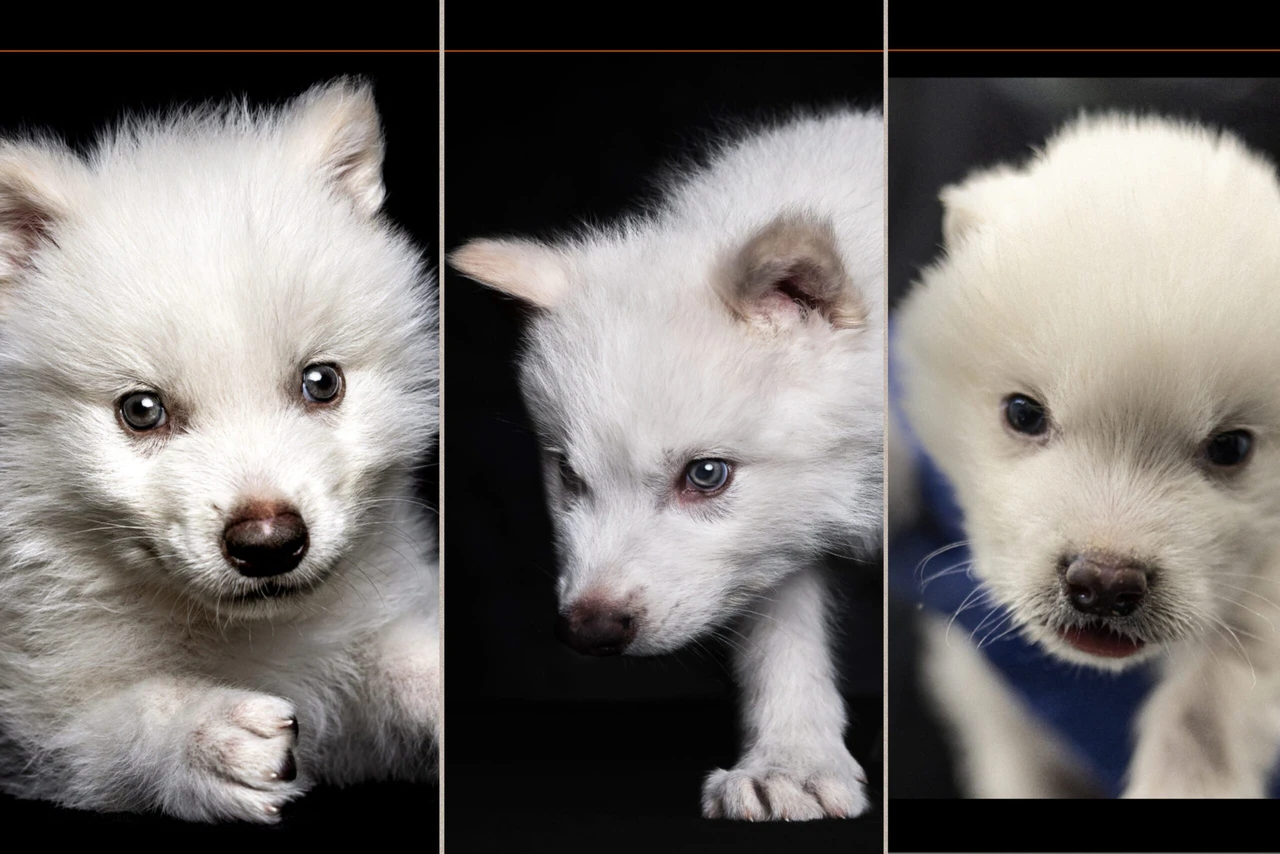First-ever sighting of newborn great white shark excites scientific community

The first-ever visualization of a newborn white shark, one of the world’s most dangerous fish, has excited the scientific world with the idea that it could provide information about white sharks, whose whereabouts were previously unknown
Documentary filmmaker Carlos Gauna and UC Riverside biology Ph.D. student Phillip Sternes were surveying for sharks near Santa Barbara on California’s central coast on July 9, 2023, when they captured the world’s first newborn white shark – a 1.5-meter-long (4.9-feet) baby white shark, in the water and published their paper on the shark’s life in the journal Environmental Biology of Fishes on Jan. 29, 2024.
Despite many previous studies, it has never been possible to determine where white sharks give birth, and a newborn baby shark has never been observed before.
“We enlarged the images, put them in slow motion and noticed that the white layer was shedding from the body as it swam away, I believe this is a newborn white shark shedding its embryonic layer,” Sternes described how they spotted the shark in his article.
The study also highlighted that dead white sharks have been found in dead pregnant mothers before, but never such a good offspring.
“In the previous days, I filmed three very large sharks that appeared to be pregnant in this particular place. That day, one of them dived down and soon this completely white shark emerged, it’s not hard to guess where the baby came from,” said documentary maker Gauna.
Many scientists believe that endangered great white sharks live further out to sea.
Also, the fact the baby was photographed so close to shore means that it was probably born in shallow waters.
Source: Newsroom



